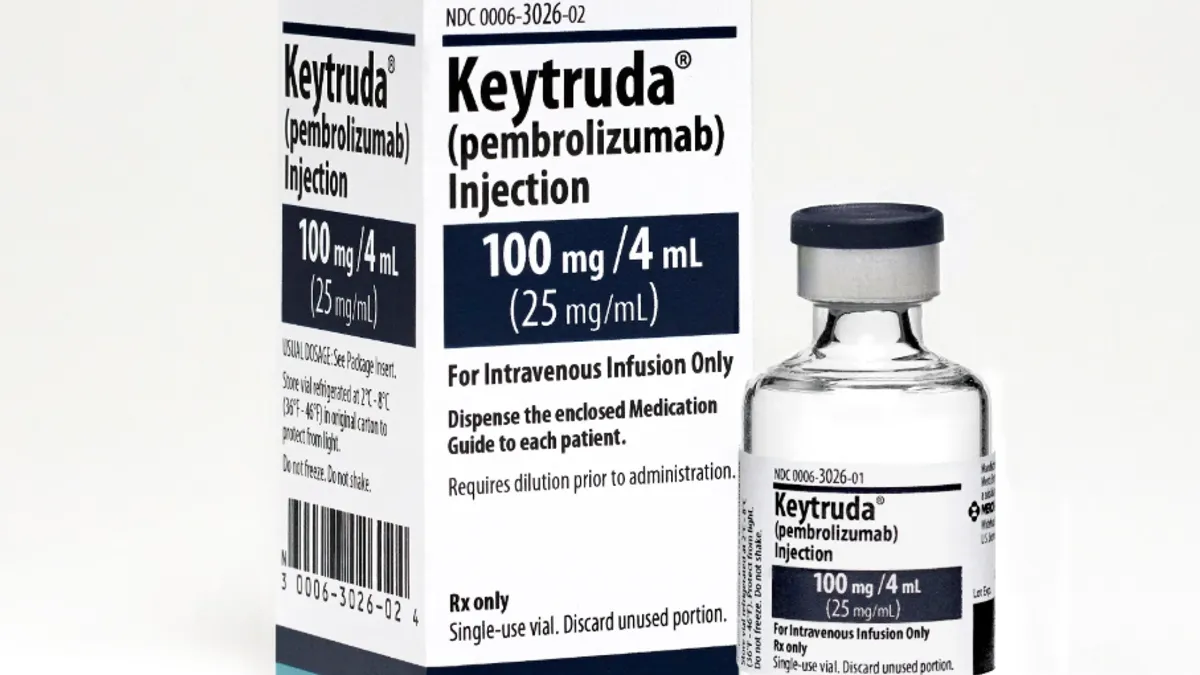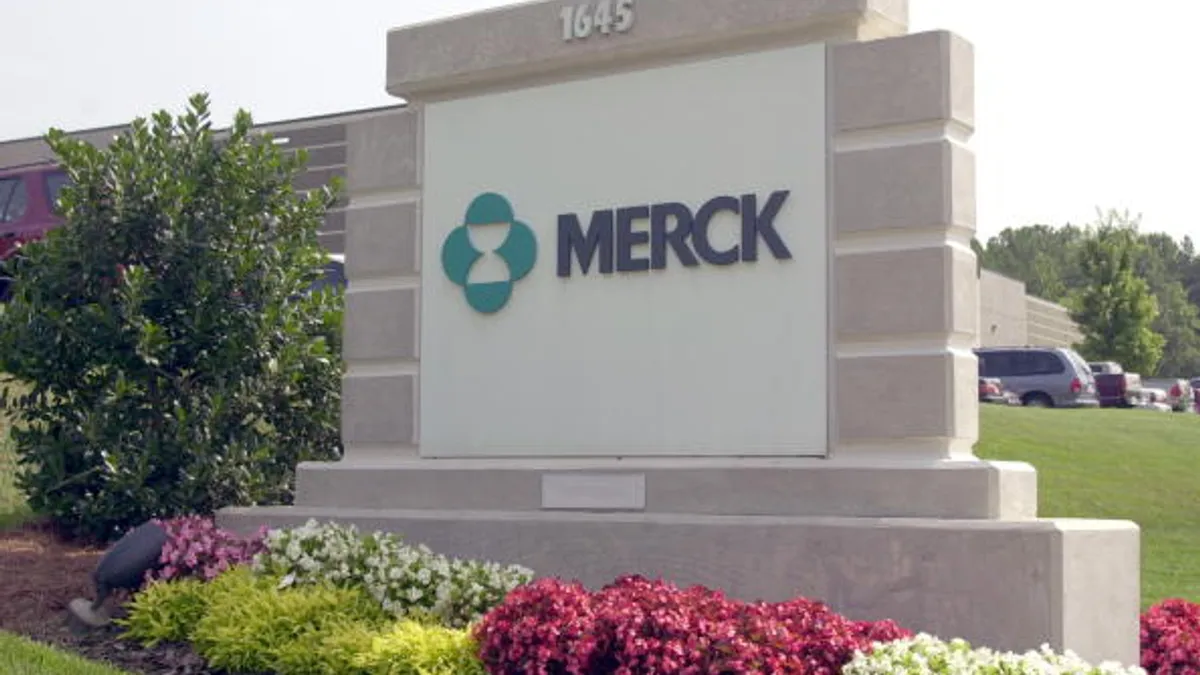 The immunotherapy field holds great promise. Many of these therapies represent a “breakthrough“ in cancer treatment, as well as other diseases and disorders, and may revolutionize the way we treat various illnesses. As an example, immunotherapy treatments for oncology can be delivered using a variety of techniques and classes of agents, including:
The immunotherapy field holds great promise. Many of these therapies represent a “breakthrough“ in cancer treatment, as well as other diseases and disorders, and may revolutionize the way we treat various illnesses. As an example, immunotherapy treatments for oncology can be delivered using a variety of techniques and classes of agents, including:
Monoclonal antibodies (mAbs) mediating cell cytotoxicity on tumor cells, or acting on receptors modulating the innate immune reaction
Small molecules acting as check point inhibitors, or with an intrinsic immunomodulatory effect
Gene therapy promoting a specific immune reaction against tumor antigens and delivered through multiple classes of vectors
Vaccines with peptides, vaccines with autologous or allogenic activated dendritic cells
Cell therapy with tumor infiltrated lymphocyte and T-cells with chimeric antigen receptors.
These technologies, developed for cancer immunotherapy, have now found application in other indications such as cardiac disorder, inflammatory disease, genetic disorders, diabetes mellitus, and regenerative treatment. As a consequence the number of companies investing in these new therapies has markedly increased in the past few years. The size of the market is expected to grow exponentially; in fact, the cancer immunotherapy market alone is expected to surpass $24 billion by 2020.
In this very specialized and competitive area of drug development, biopharmaceutical companies gain a distinct advantage working with a contract research organization that understands and has direct experience with the unique challenges and special considerations of drug trials in the field.
Immunotherapy trials present common core challenges.
Patient Screening and Safety Considerations
Multiple factors must be considered when managing immunotherapy trials. Safety, in particular, is essential. The treatments may be customized, needing to be prepared and processed separately for each patient before treatment initiation. Patient screening is lengthy, involving a number of procedures with a potential risk of failure. Concerns for the patients must inform all steps, from the outset.
Logistics
The ability to select, manage, and integrate work with experienced labs, investigators, sites, and vendors cannot be underestimated. When using genetically modified organisms, viruses and other biologic agents, the storage, preparation, administration and destruction of the investigational product on site might require special equipment, restricted areas and experience in the particular indication or therapy. Tailored treatments and cellular therapies usually involve complex handling procedures to maintain the cryo-protection of the agent. Shipping and security procedures must be stringent. These drugs are expensive and the risk of theft or tampering is real, so efficient tracking is a necessity.
End Points
Evaluation criteria in immune therapy are usually different than those of other standard treatments. In oncology, activation of the innate immune system can generate pseudo progression at treatment initiation. Other artifacts, including a delayed response following activation of the adaptive immune response, also interfere with tumor assessment when classical evaluation criteria are used. Modified evaluation criteria is important to overcome this issue.
Regulatory Process
The regulatory evaluation process is usually longer and more complex. When using genetically modified organisms, the sponsor will have to supply additional information on the risks of dissemination and accidental exposure. An evaluation of both product and protocol by a biosafety committee is generally required, in addition to the normal evaluation process. Both gene and cell therapy protocols have longer evaluation timelines and generally lead to questions from authorities. If regulatory specialists are not on the sponsor’s staff, then they must outsource to regulatory personnel with immunotherapy and other advanced therapy experience. Regulatory timelines are typically extended, and for certain immunotherapies, the regulatory bodies may not have any established timeline at all.
Work from the outset to establish a regulatory strategy that will move the process along as quickly as possible. The CRO’s cumulative experience in navigating the core challenges of immunotherapy trials and finding appropriate solutions helps sponsors avoid the pitfalls and delays that can occur.
Your CRO needs the experience and knowledge to lead these trials successfully.
Look for a CRO that has managed Phase I-III trials across all areas of immunotherapy, with longstanding expertise and knowledge of navigating the complex development path for these treatments. The CRO helps sponsors plan for and overcome the challenges common to immunotherapy trials. (PV)
SynteractHCR is a full-service CRO with a successful track record supporting biopharma companies in Phase I-IV studies internationally. Our experience in managing complex trials for confident results applies to immunotherapy trials across multiple indications.
For more information, visit synteracthcr.com


















